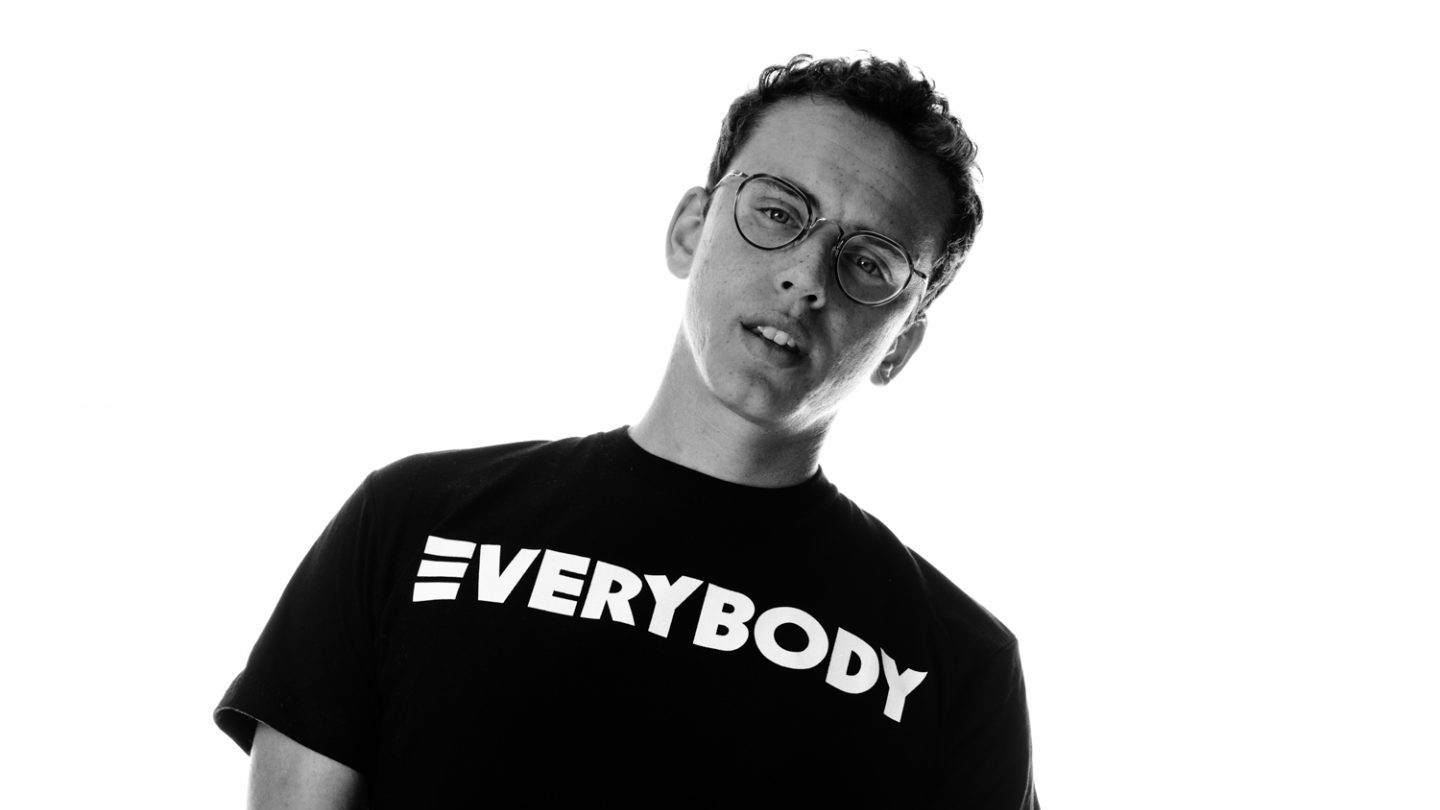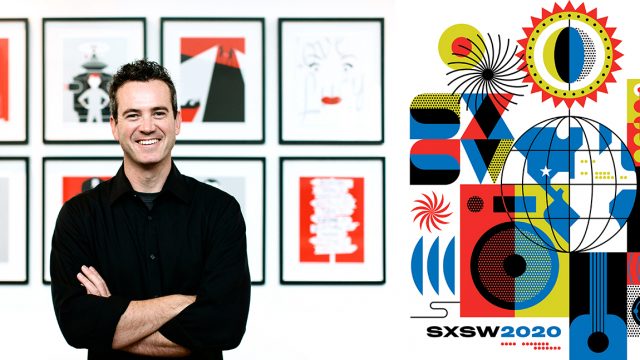Logic’s Recent Hit Carries Real Social Impact
Logic may have already been a star in the hip-hop world when his third studio album, Everybody, debuted at number one on the U.S. Billboard 200 chart this past May. But for reasons beyond music, the 27-year-old rapper reached new fame and acclaim after his performance of the hit song, “1-800-273-8255,” at August’s MTV Video Music Awards.
Logic, whose birth name is Robert Bryson Hall II, grew up in Gaithersburg, Maryland, in a biracial family (white mother and black father), which he says has caused him to be treated differently by both races. Everybody’s hit song “1-800-273-8255” takes its title from the phone number for the National Suicide Prevention Lifeline. Although the messages in Logic’s music address suicide and depression, this particular song deals directly with issues of feeling alone and trapped in a world in which you feel that you don’t belong.
The song, known as “1-800” for short, which also features Alessia Cara and Khalid, rose to #47 on the Billboard Hot 100 list, making it the highest charting song of Logic’s career. Since the MTV VMAs performance, it has also become a sort of anthem for the National Suicide Prevention Lifeline.
Logic has often cited his own identity struggles while growing up as being the backdrop and reasoning behind writing the song, as well as many others on the record. “I was born to make this album,” he said in a May interview with NPR’s David Greene. Logic has spoken bluntly about his family, specifically his mother, who often peppered her son with racial slurs, and his father, who was a habitual drug user. “I’ve never rapped about it,” he told Greene. “I was always afraid to do so.”










